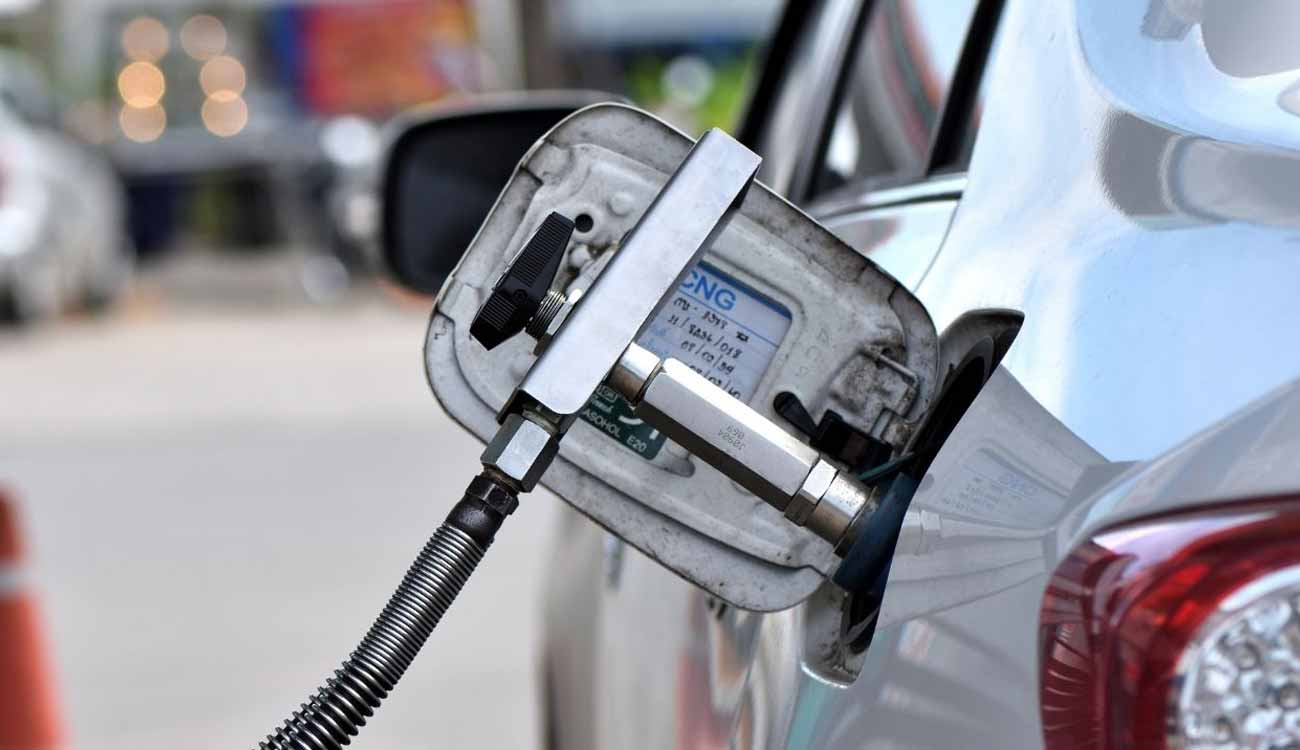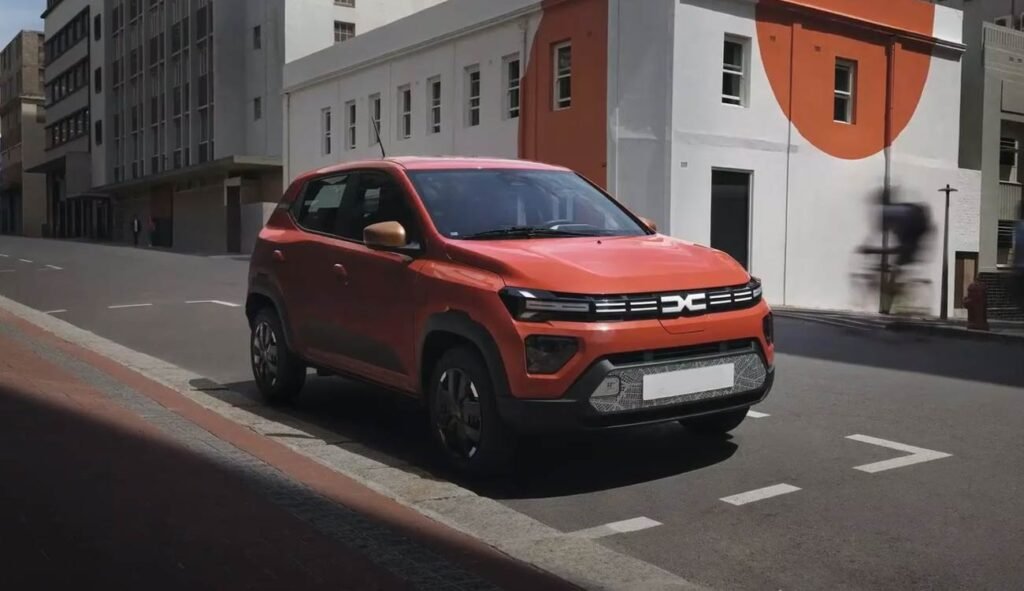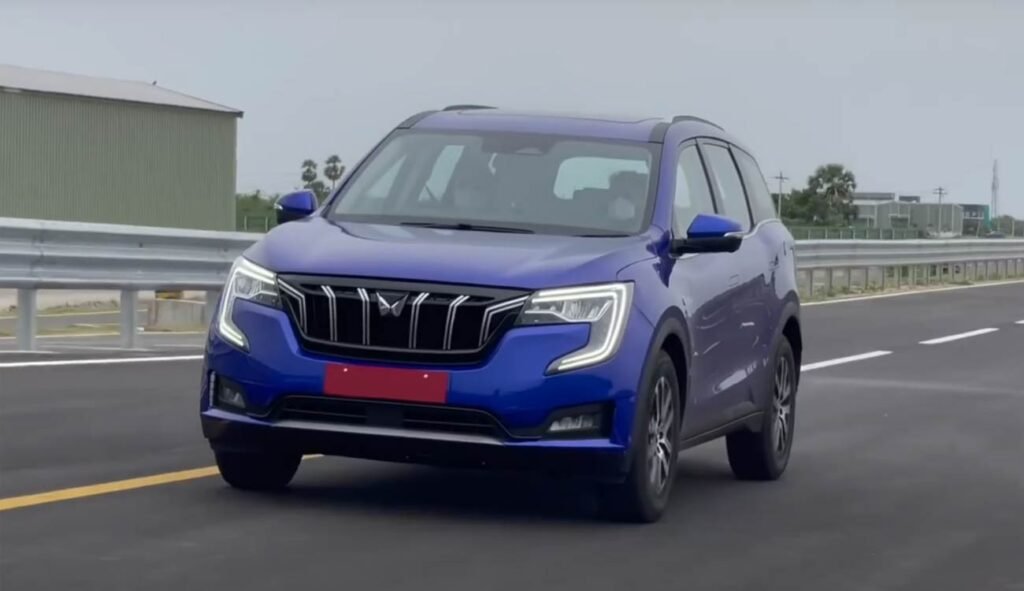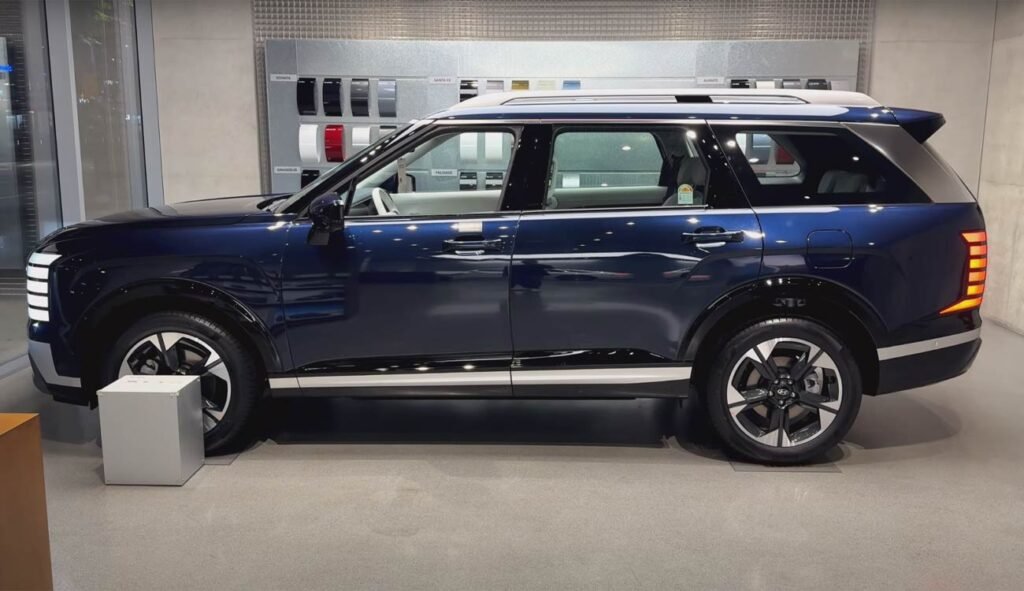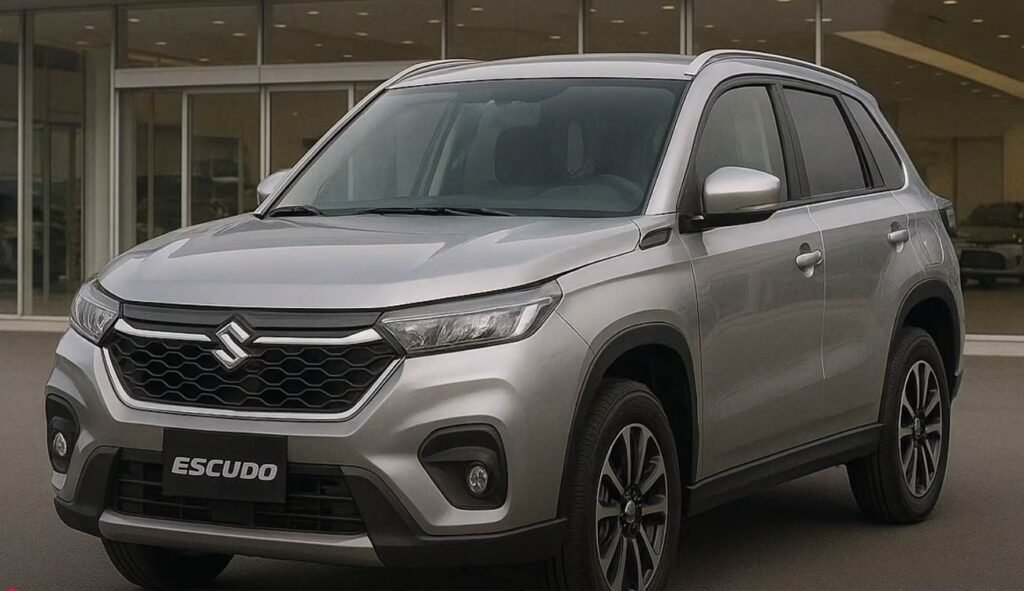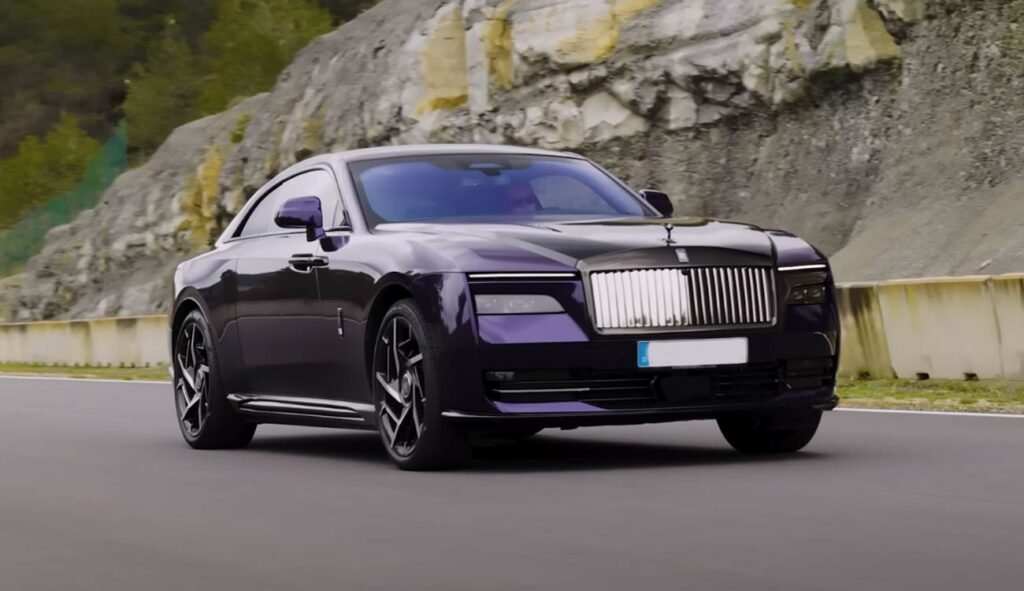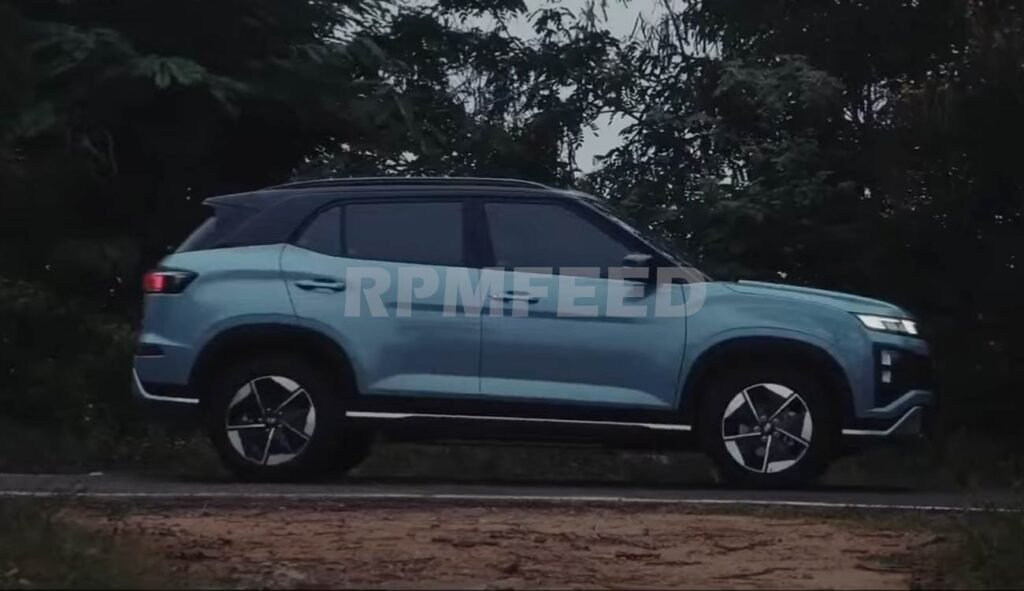With the rising demand for CNG cars in India, a recent government decision in Maharashtra has caught the attention of car buyers. The state’s revised one-time vehicle tax has started making headlines, especially for increasing the prices of CNG and LNG cars. But what’s changing and why does it matter to buyers? Let’s break it all down.
CNG Cars in Demand, But Prices Head North
CNG cars have become a favorite choice among Indian buyers in recent years. Known for their fuel efficiency and significantly lower running costs compared to petrol and diesel vehicles, CNG-fueled cars make an attractive option for cost-conscious buyers. According to recent statistics, CNG cars make up nearly 19.4% of car sales in the country.
Brands such as Maruti Suzuki and Tata Motors have been catering to this demand with their dedicated CNG variants and affordable options. For many buyers, CNG vehicles have replaced diesel cars as the go-to efficient option. However, the recent tax revision in Maharashtra might hit the cost-efficiency appeal.
What’s Behind the Price Hike for CNG Cars?
The Government of Maharashtra recently announced a 1% increase in the one-time vehicle tax for all CNG and LNG cars. This revision directly impacts the price tag of these vehicles, making them more expensive for buyers. Here’s a simple breakdown:
- Before the hike: A CNG car worth ₹10 Lakh had a one-time vehicle tax of ₹70,000.
- After the hike: The same car will now attract a tax of ₹80,000. That’s an increase of ₹10,000 upfront.
Similarly, high-value CNG cars are also affected:
- Before the hike: A ₹20 Lakh CNG car attracted ₹1.40 Lakh in tax.
- After the hike: The new tax equals ₹1.60 Lakh, which is a significant ₹20,000 increase.
The Impact on Luxury Car Buyers
The government didn’t stop there. The maximum cap on the one-time vehicle tax has also been revised. Previously, luxury car buyers had a ₹20 Lakh cap on the road tax they would pay, regardless of their vehicle price. Now, the cap has been raised to ₹30 Lakh, which means luxury vehicles priced above ₹30 Lakh no longer enjoy any cap.
For instance:
- Before the revision: A luxury car costing ₹1 crore would have attracted ₹25 Lakh in tax, but the buyer only paid ₹20 Lakh because of the cap.
- After the revision: Buyers will now pay ₹25 Lakh in full, with no concessions under the new ₹30 Lakh cap.
This change could mean discouraging luxury car purchases in Maharashtra or potentially reshaping how buyers approach vehicle investments.
Why CNG Cars Remain Popular Despite Price Hikes
Even with the price hikes, CNG cars remain a competitive choice for several reasons:
- Fuel Efficiency: With the skyrocketing fuel prices for petrol and diesel, CNG cars deliver a noticeable relief in running costs.
- Eco-Friendly Alternatives: Lower carbon emissions make CNG cars more environmentally friendly than traditional fuel options.
- Long-Term Savings: While buyers are required to shell out more upfront under the new tax rules, the lower cost of CNG fuel still makes these vehicles economical in the long run.
Brands such as Maruti and Tata continue to innovate in the CNG segment, ensuring that buyers still see value despite increased upfront costs.
What Does This Mean for Buyers?
For First-Time CNG Car Buyers:
- Carefully calculate the total cost of ownership (including revised taxes) to decide if a switch to CNG makes financial sense.
For Luxury Car Buyers:
- Expect to see higher costs with the removal of the previous ₹20 Lakh tax cap, especially for vehicles priced above ₹30 Lakh.
For the Market:
- These changes could eventually influence the demand and sales numbers of CNG and LNG cars in the state. While the initial costs rise, the operational savings may still play to CNG’s advantage, especially for frequent drivers.
What’s Next for CNG Cars in Maharashtra?
This move by the Maharashtra government signals a shift toward increasing state revenue via vehicle taxes, while possibly encouraging consumers to rethink their vehicle preferences. On one hand, higher upfront costs could slow down the growing popularity of CNG cars in the short term. On the other, brands like Maruti and Tata are expected to roll out newer models and incentives, which might offset these costs and retain consumer interest.
For buyers, the key is to evaluate both the upfront and long-term savings of owning a CNG car under the revised tax structure. Ultimately, while these changes may sting initially, the fuel efficiency, lower emissions, and broader cost benefits of CNG cars still stand tall.
